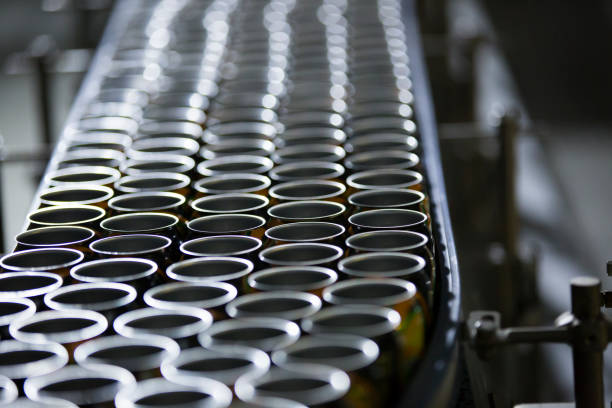This website uses cookies so that we can provide you with the best user experience possible. Cookie information is stored in your browser and performs functions such as recognising you when you return to our website and helping our team to understand which sections of the website you find most interesting and useful.
Wine and spirits contributes £76bn to UK economy
The wine and spirit trade is contributing a massive £76bn to the UK economy, according to a new study commissioned by the Wine and Spirit Trade Association (WSTA).

The figures, which refer to 2022 data, were produced by Cebr for the WSTA and highlights the growth of the sector in the past five years, when the previous total was less than £50bn.
It comes as public health groups such as the Institute for Alcohol Studies have claimed that alcohol is ‘costing’ the UK economy £27bn a year. Chair of the Alcohol Health Alliance, professor Sir Ian Gilmore, claimed that the sector “overplays its economic contribution while underplaying the massive cost of harm”.
But as pointed out at the time of the IAS figures by Chris Snowdon, the Institute for Economic Affairs’ head of lifestyle economics, this didn’t include a full cost-benefit analysis of the alcohol trade. Using these latest WSTA figures, it could be deduced that the net-benefit to the UK economy of wine and spirits is £49bn, after factoring-in the IAS data set on the public health impact.
When applying the Gross Value Added approach (GVA), the study by Cebr showed just wine and spirits was generating £22bn to the UK economy in 2022. It should be noted that the figures represent the wine and spirits trade, and not the totality of the alcohol industry too, including beer and other alcoholic beverages, which would bring the overall number up further.
Importer
The UK remains the second largest importer of wine in the world, bringing in 1.7bn bottles in 2022. It is still the largest global exporter of spirits, delivering 1.8bn bottles overseas in the same year.
In terms of jobs, the wine and spirits industry broadly supported 413,000 full-time jobs in the UK in 2022, roughly split between 219,000 in the spirits sector and 193,000 in the wine trade.
Owen Good, head of economic advisory at Cebr, said the figures showed the “significant economic contribution” that the sector played for UK Plc, and was particularly driven by the “notable contribution of on-trade retailers” and economic activity was supported by a “strong and growing domestic production industry.”
Miles Beale, chief executive of the WSTA said it was a “timely reminder” of the importance of the trade.
He said: “We look forward to working with the next Government to ensure the right support to encourage more investment, innovation and to generate further growth.
“We hope that MPs, Ministers and officials will all want to work in close partnership with our industry over the lifetime of the next Parliament – recognising the significant value of wines and spirits to national economy, and working together to achieve economic growth, improved environmental outcomes and social responsibility.”
Key asks
The WSTA has 10 key asks of an incoming Government:
- Make permanent the temporary easement for wine due to expire on 1 February 2025.
- Ensure the effective functioning of the UK’s internal market.
- Commit to enacting any excise duty changes once annually, on a fixed date.
- Ensure any post-Brexit regulatory divergence does not adversely affect international trade and prioritise digitisation of customs procedures wherever possible.
- Delay the introduction of Extended Producer Responsibility (EPR) until all the details of the Scheme are finalised and businesses have time to budget fully and to prepare for its introduction.
- The roll out of Deposit and Return Schemes (DRS) across the UK must be interoperable with common fees and labelling requirements, and a common set of materials within scope. Glass should not be included within scope of any DRS.
- Reform of the Packaging Recovery Note (PRN) system is long overdue, the introduction of measures to increase transparency should not be further delayed, but instead introduced as soon as possible.
- Commit to allowing the industry to present Government with responsible drinking and harm reduction proposals, including new labelling guidance.
- Support access to additional health and nutritional information on-label on a voluntary basis, using technological solutions to reduce costs (i.e. QR codes).
- Support and simplify the production, labelling and marketing of no-and-low alcohol products, including raising the ‘no-alcohol’ threshold to 0.5% ABV.
Related news
A 'challenging yet surprising' vintage for Centre-Loire in 2024

